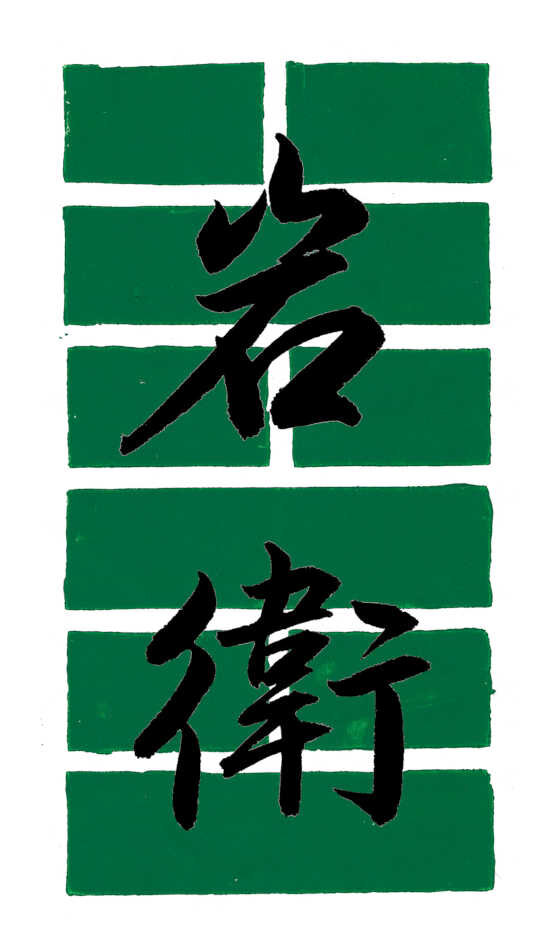Qigong
Qigong is meant to be the most utilized of the four cornerstones of Traditional Chinese Medicine but as it overlaps the least with Western Allopathic Medicine it has gotten the least amount of the spotlight here in America. Qigong is a method of exercises to train and strengthen one’s own body through the use of meditation, movement and breathwork.
The applications of Qigong are practically limitless, some of the examples out there include mental and emotional balance and acuity; bolstering effects to the systems of the body, including the immune, respiratory, cardiac and endocrine systems; strengthening the physical framework including the muscles, tendons, ligaments and bones; Qigong has even been proven to benefit disabilities like Autistic Spectrum Disorder. The list goes on and on, essentially near anything an Acupuncturist is able to help you with you can potentially learn to control on your own with time.
Time is actually the most difficult aspect of Qigong. Qigong, while being the most important cornerstone, is also the least invasive. Someone may spend years learning to understand just one system in their own body through Qigong. This is why it is often not appropriate for more aggressive health conditions. It is however well worth putting the time in for the more chronic, long term conditions.
Qigong is but one corner stone of Chinese medicine and best when implemented along side the other three pillars.
